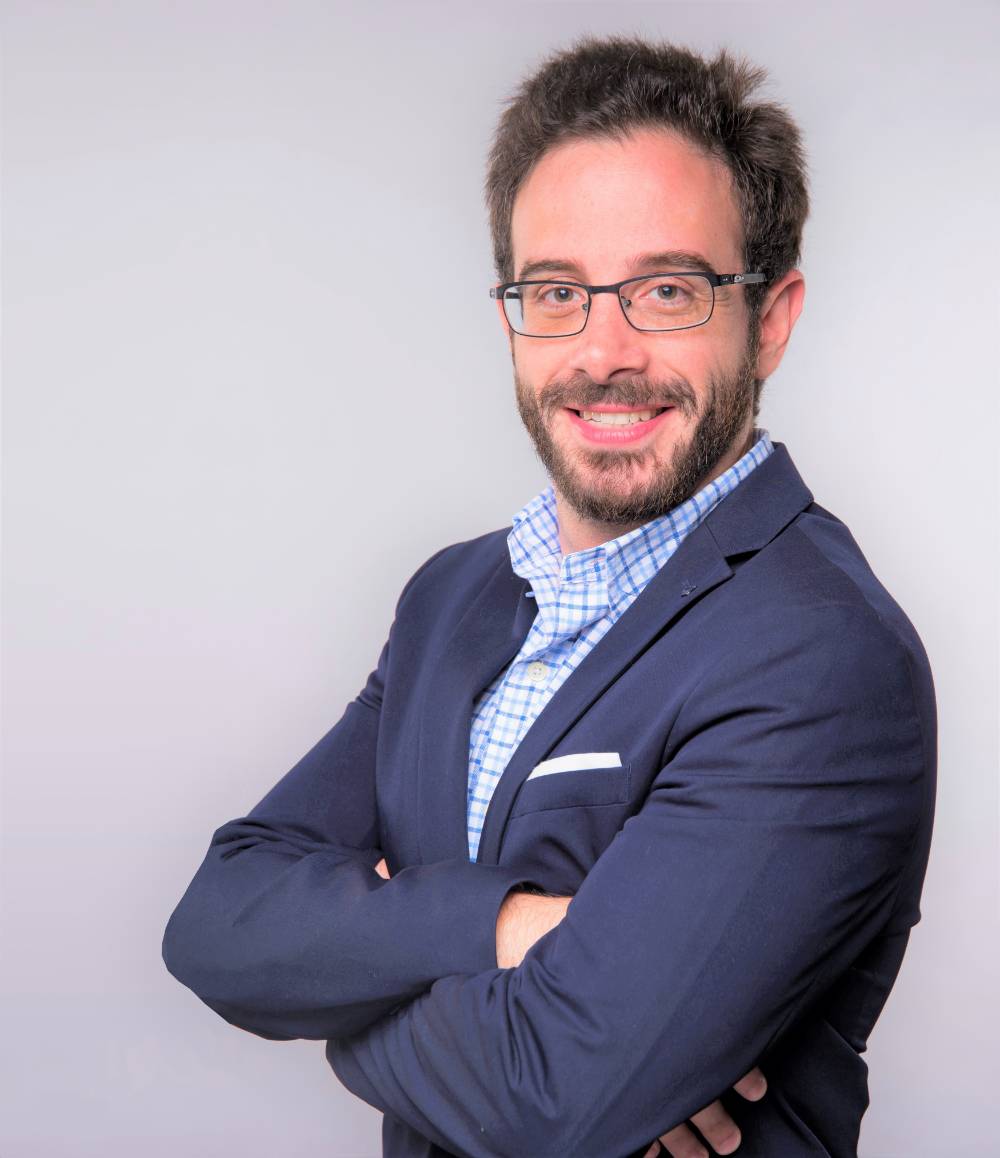Seminar: Inferring and Attributing Internet-scale IoT Infections by Leveraging Large-scale Empirical Data
| When: 10:30 am Thursday March 30th, 2023 |
Where: Room 1212 Patrick F. Taylor Hall |
ABSTRACT |
|
Smart sensing technologies within the context of the Internet-of-Things (IoT) paradigm continue to be deployed in key sectors such as health, agriculture, energy and manufacturing. Indeed, it is estimated that around 30 billion IoT devices will be instrumented by 2030 to increase efficiencies and usability while decreasing costs and maintenance time. Nevertheless, such IoT devices lack even the most fundamental security measures, access policy controls, and patch management capabilities, making them attractive targets for attackers and state-sponsored actors who will abuse them to gain illegitimate access into critical networks while orchestrating them in order to impair other Internet-connected entities. Given the widespread deployment of such IoT devices, it becomes extremely challenging to promptly address their security concerns at-scale. This is mainly due to the lack of scalable methods, which could analyze large-scale, representative data, and the shortage of techniques that are efficient enough to be operated in near real-time. To this end, in this talk, we will explore empirically-driven methods and techniques to quantity IoT insecurities at-large, while offering cyber forensic means to comprehend the causes of their inherit vulnerabilities. Specifically, we will elaborate on passive and active measurement methodologies which could be practically employed not only to support the near real-time inference and analysis of such wide-scale IoT exploitations, but also to operationally aid Internet Service Providers (ISPs) and Computer Emergency Response Teams (CERTs) in the US and beyond with real-time mitigation and remediation efforts. The talk will also shed the light on a number of complementary cyber training activities for broad research workforce development. Lastly, the talk will present a number of ongoing research endeavors while putting forward a concrete plan for pursuing future research ideas and collaborations within LSU and with the broader research community. |
|
|
Elias Bou-Harb |
